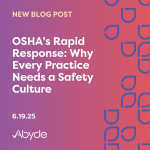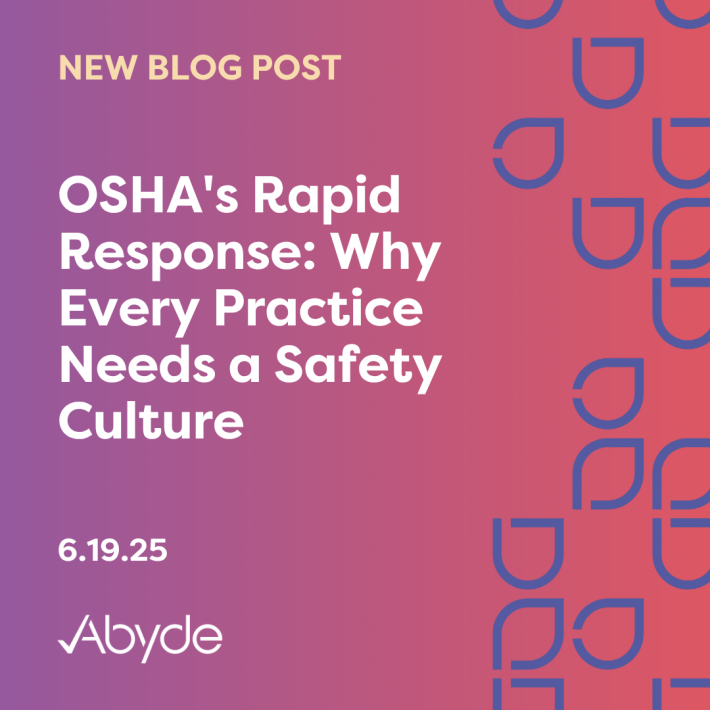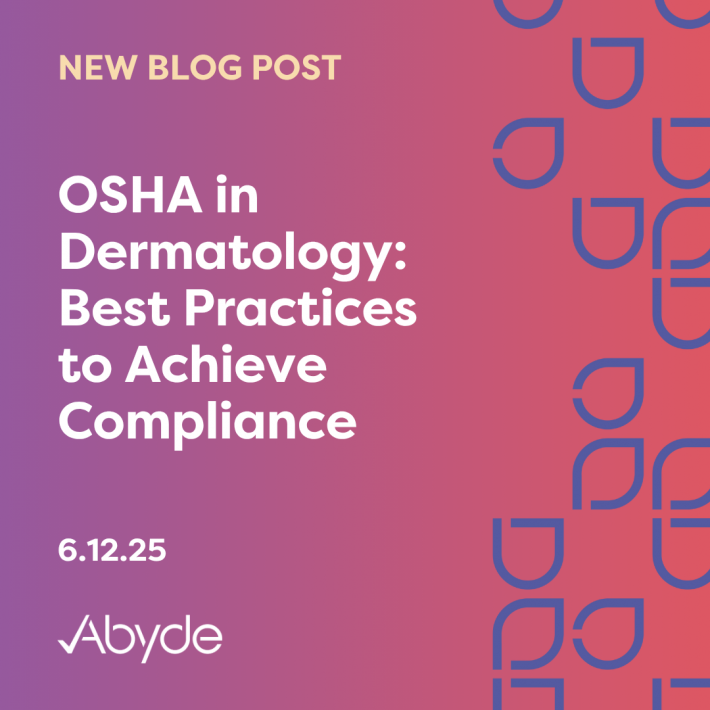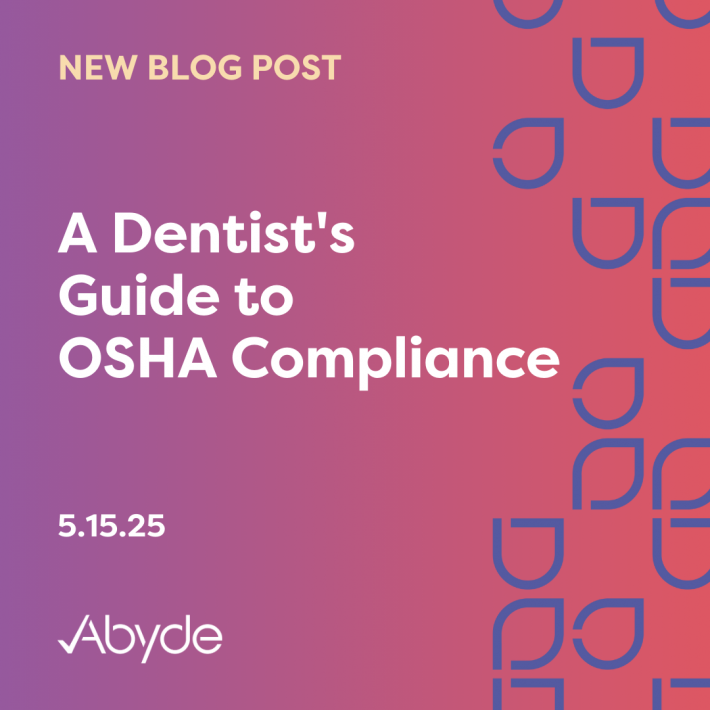October 9, 2023
In the healthcare sector, there’s often a misconception that only large hospitals or medical practices must concern themselves with compliance standards. This is far from the truth, especially regarding regulations like those set forth by the Occupational Safety and Health Administration (OSHA). So, where do optometrists fall on the compliance spectrum?
What is OSHA?
The Occupational Safety and Health Administration (OSHA) is a branch of the United States Department of Labor that sets guidelines and standards to ensure safe and healthy working conditions. OSHA regulations encompass a variety of industries, including healthcare, construction, manufacturing, and more.
OSHA Regulations and Optometry Practices
OSHA regulations apply to any workplace where there is a potential for injury or illness. In an optometry office, employees are exposed to various risks, ranging from potentially hazardous chemicals used for cleaning lenses to sharp objects like needles or scalpel blades that might be used in minor procedures.
Key Areas of Compliance for Optometrists
- Bloodborne Pathogens Standard: Protection against possible exposure to bloodborne pathogens like Hepatitis B or HIV.
- Hazard Communication Standard: Proper labeling and data sheets for all chemicals used in the office.
- Emergency Action Plans: Guidelines and procedures for emergencies like fires or natural disasters.
- Personal Protective Equipment (PPE): Proper use, storage, and disposal of PPE like gloves or safety glasses.
- Medical and Exposure Records: Accurate records must be kept for a mandated period.
Penalties for Non-Compliance
Non-compliance could result in significant financial penalties and even temporary or permanent closure of the practice. OSHA regularly conducts inspections, and failure to meet the standards can result in hefty fines, which can severely affect the financial stability and reputation of the practice.
Are There Any Exemptions?
There are very few exemptions to OSHA compliance. Even if an optometry practice has few employees, they must usually adhere to OSHA regulations. Optometrists must ensure they are fully aware of and in compliance with all relevant OSHA regulations to avoid penalties and maintain a safe work environment.
Conclusion
In summary, the need for OSHA compliance in optometry practices is not just a recommendation—it’s a legal requirement. Ignoring these standards puts your practice at risk for penalties and jeopardizes the safety of your employees and patients.
How Can Abyde Help?
Navigating through the complex web of OSHA compliance can be overwhelming. That’s where Abyde comes in. We specialize in HIPAA and OSHA Compliance solutions for healthcare providers. Our software can guide you through the process, ensuring that your optometry practice remains compliant without taking up much time.
Take the first step toward full OSHA compliance today. Visit our website to schedule a free consultation and discover how Abyde can make compliance hassle-free for your practice.
Resources





